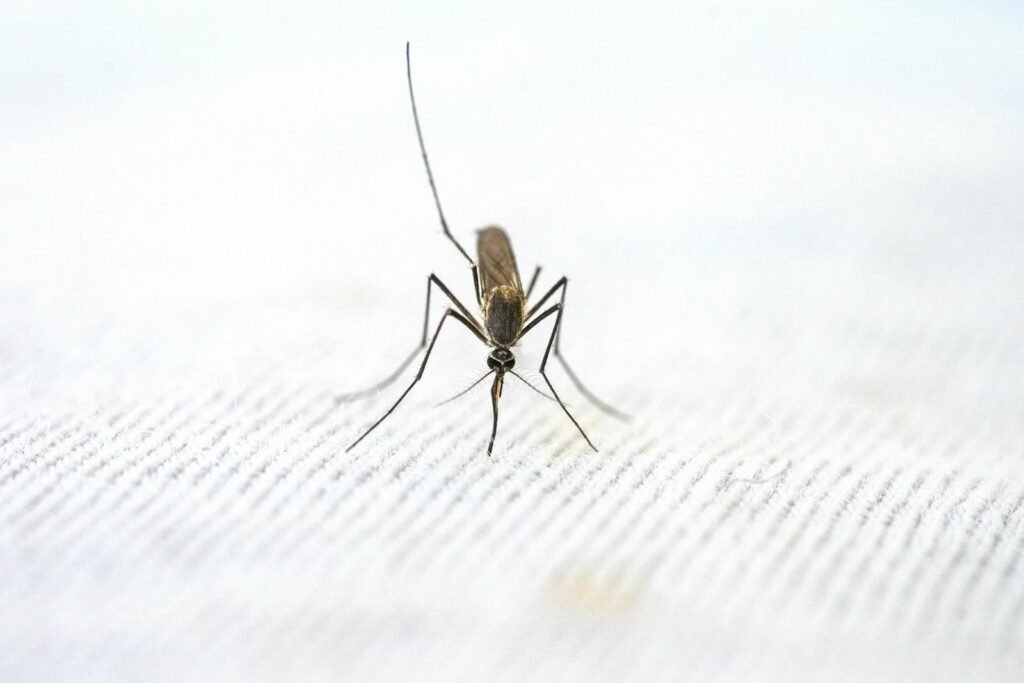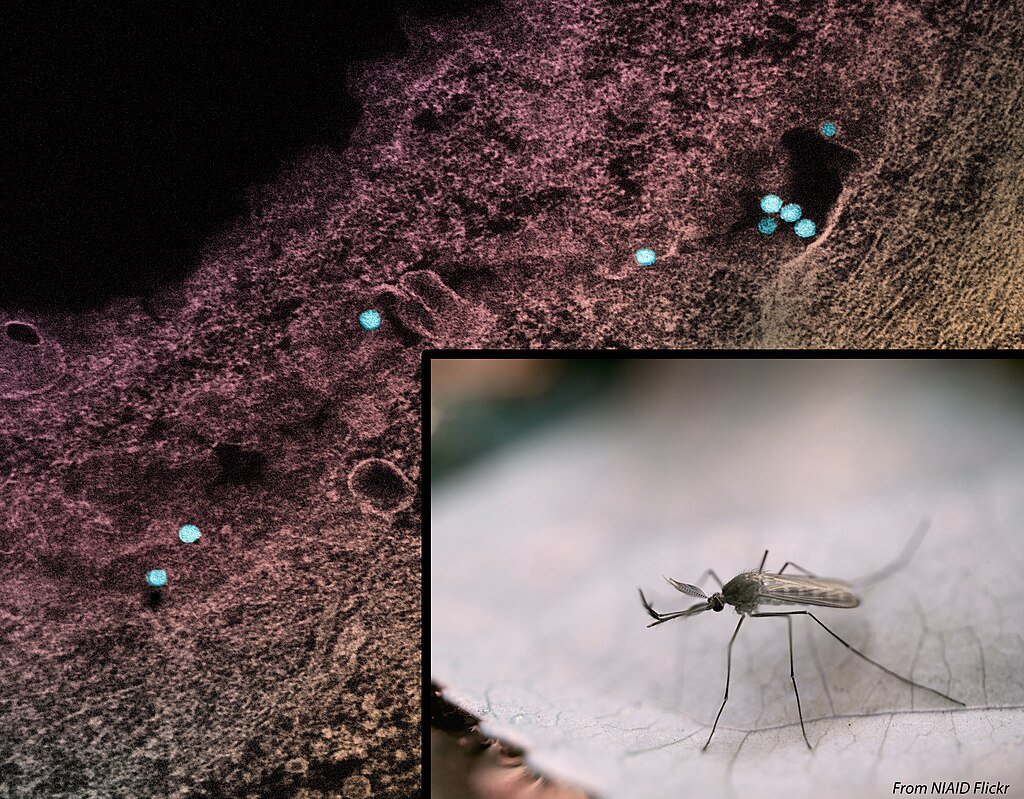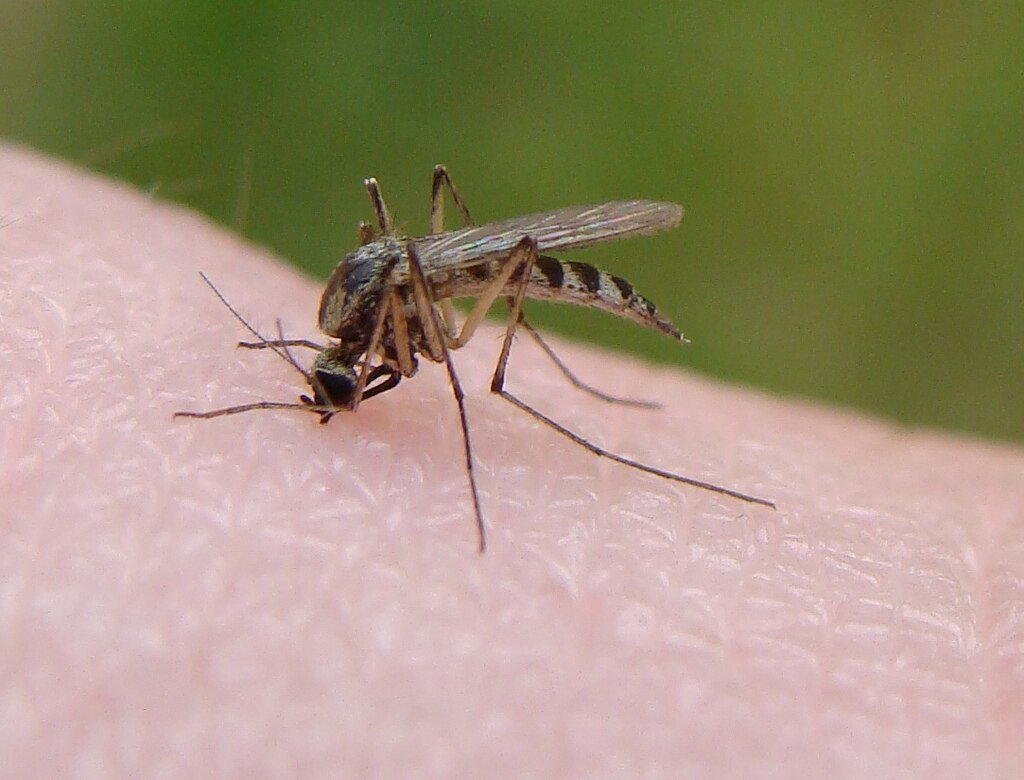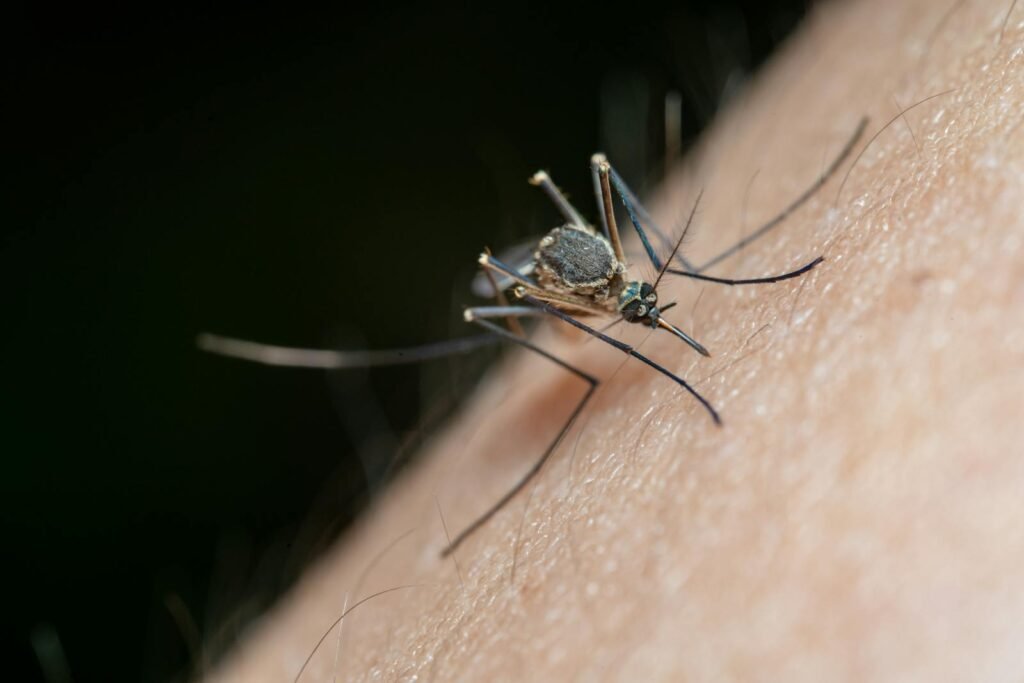Tropical diseases like dengue and West Nile virus were far-off hazards for decades, limited to warmer climates far from Britain’s temperate coastlines. But this week a startling revelation by the UK Health Security Agency (UKHSA) has disproved that presumption: fragments of West Nile virus (WNV) have been found in UK mosquitoes for the first time. Made during regular monitoring in Nottinghamshire wetlands, the discovery points to a concerning trend driven by changing ecosystems, global travel, and climate change one that experts warn is just beginning.
Could the UK soon face outbreaks of diseases once confined to the tropics? Here’s what science says.
The West Nile Virus: A Silent but Growing Threat

Including yellow fever, dengue, and Zika, the Flaviviridae family includes the West Nile virus which was discovered in Uganda in 1937. Spread primarily by the Culex mosquitoes, the virus circulates between birds and mosquitoes, using humans and horses as primary unknowing hosts.
Although most infections (80%) are asymptomatic, in older adults especially one in 150 cases can cause severe neurological problems including encephalitis or meningitis. Although the UK detection does not yet show active transmission, it highlights a concerning reality: climate change is rewriting the guidelines of disease distribution.
How Did West Nile Virus Reach the UK?

The virus probably came from migratory birds sick overseas, and local mosquitoes picked it up from blood meals. Viral fragments found in Aedes vexans mosquitoes a native species gathered from Nottinghamshire wetlands by the UKHSA’s surveillance programme.
Important elements making its presence possible:
- Warmer temperatures speed up mosquito viral replication.
- Rising trade and travel around the world bring alien mosquito species.
- Climate changes increase the habitat for insects carrying diseases.
Although the cooler temperature of the UK still limits major outbreaks, experts warn that in decades to come increasing temperatures could alter this.
Climate Change: The Invisible Driver of Disease Spread
With estimates showing summer temperatures could rise by 4°C by 2100 under high-emission scenarios 6, the UK is warming faster than the global average. This provides perfect environment for invading mosquitoes such as Asian tiger mosquito (Aedes albopictus), already observed several times in southern England.
Parts of the UK could become suitable habitats for these mosquitoes by the 2040s–2050s, increasing the risk of locally transmitted dengue, chikungunya, and Zika. France and Italy, where dengue cases have exploded, provide a sobering preview of what might be.
The UK’s Defense Strategy: Surveillance and Prevention
The UKHSA is intensifying its monitoring and control of mosquito numbers, comprising:
- Focused trapping for invading species at transit hubs (such as motorway service stations).
- Public awareness campaigns pushing individuals to get rid of still water, a mosquito habitat.
- Working with local authorities, fast response actions should be carried out should an outbreak develop.
Scientists contend, however, that worldwide action is crucial since lowering disease burden elsewhere reduces importation risk.
Should the UK Public Be Worried?
For now, the risk remains very low, with no evidence of human transmission. However, travelers to Europe should take precautions:
- Use DEET-based repellents.
- Wear long sleeves and trousers in mosquito-prone areas.
- Avoid stagnant water sources.
The long-term readiness of the UK raises more issues. Without more robust climate adaptation strategies, experts warn the nation may experience more frequent and severe disease outbreaks in the next decades.
Lessons from Abroad: What the UK Can Learn

The experience of Europe is a warning story:
Thanks to known tiger mosquito populations, France noted local dengue cases.
- Italy experienced chikungunya outbreaks, a condition bringing terrible joint pain.
- With hundreds of cases recently, Greece and Spain have battled West Nile virus epidemics.
- To prevent such crises, the UK has to make investments in early warning systems, immunological research, and international disease control.
Conclusion: Vigilance Is Key
The West Nile virus detection is a wake-up call, not a crisis yet. But with climate change accelerating, the UK can no longer assume it’s immune to tropical diseases. Stronger surveillance, public awareness, and global cooperation will be essential to staying ahead of the next health threat lurking in warmer, wetter futures.
As Prof. James Logan of the London School of Hygiene & Tropical Medicine warns: “We are entering an era where we must learn to live smarter in a bug’s world.”
Sources:

Jan loves Wildlife and Animals and is one of the founders of Animals Around The Globe. He holds an MSc in Finance & Economics and is a passionate PADI Open Water Diver. His favorite animals are Mountain Gorillas, Tigers, and Great White Sharks. He lived in South Africa, Germany, the USA, Ireland, Italy, China, and Australia. Before AATG, Jan worked for Google, Axel Springer, BMW and others.




